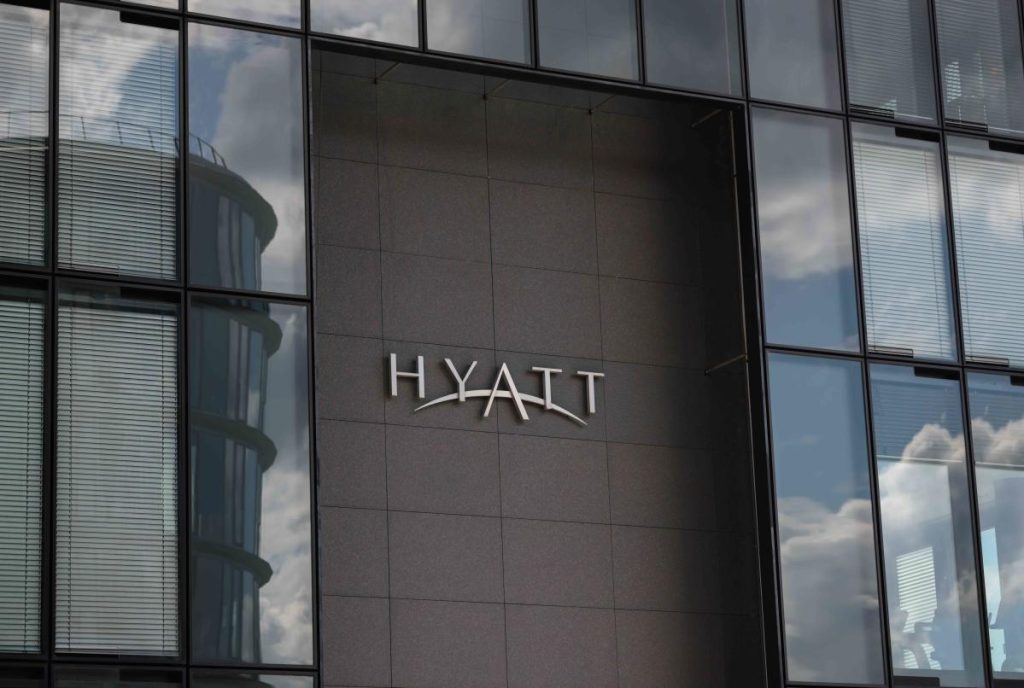Hyatt Hotels, a well-known name in the hospitality industry, recently reported its fourth-quarter financial results, which fell short of Wall Street’s expectations. This underperformance was attributed to two significant factors: the 2024 U.S. presidential election and the timing of the Jewish High Holy Days. The confluence of these events impacted Hyatt’s group demand, a key driver of its revenue. As a result, Hyatt’s shares experienced a notable decline, dropping nearly 11% during early trading following the earnings announcement. This situation highlights the vulnerability of the hospitality sector to external events and calendar shifts, which can significantly influence traveler behavior and corporate performance.
The Jewish High Holy Days, including Rosh Hashanah and Yom Kippur, typically fall in September or October. In 2023, these holidays occurred in October, contrasting with the previous year when they took place in September. This shift meant that during Hyatt’s fourth quarter, many Jewish travelers were observing these sacred days, which likely kept them closer to home. Hyatt’s CEO, Mark Hoplamazian, addressed this issue during the company’s earnings call, explaining that the timing of these holidays, combined with the U.S. elections, affected group bookings. He noted that while group room revenue appeared flat, adjusting for these factors would have revealed a 5% increase. This insight underscores the importance of understanding the broader context when interpreting financial results, as external factors can sometimes obscure underlying performance.
The U.S. presidential election also played a role in Hyatt’s underwhelming fourth quarter. Elections, particularly high-stakes ones like the presidential race, often create uncertainty in the market. This uncertainty can lead to delayed decision-making among businesses and consumers, which in turn can impact industries like hospitality. Hyatt is not alone in facing this challenge; other travel companies have also reported similar effects in their financial results. The interplay between political events and economic activity is a complex phenomenon, and companies must navigate these dynamics to maintain their performance. For Hyatt, the combination of the election and the shifting holidays created a perfect storm that affected its group segment, which is typically a reliable source of revenue.
Despite these challenges, it’s important to consider Hyatt’s performance in a broader context. Over the past 12 months, Hyatt’s shares have shown resilience, with a 14% increase. This suggests that investors remain confident in the company’s long-term potential, even in the face of short-term setbacks. The hospitality industry is inherently cyclical, with performance often tied to macroeconomic conditions, consumer sentiment, and external events. Hyatt’s ability to navigate these challenges and maintain a positive trajectory over the past year is a testament to its operational strength and strategic decisions. The company’s management has demonstrated an ability to adapt to changing circumstances, which will be crucial as it moves forward in a dynamic and unpredictable environment.
Looking ahead, Hyatt will need to continue balancing its short-term recovery with long-term growth strategies. The company’s ability to adapt to shifts in demand, whether due to external events or evolving consumer preferences, will be critical to its success. For instance, the growing emphasis on leisure travel over group bookings could present new opportunities for Hyatt to diversify its revenue streams. Additionally, leveraging technology and enhancing customer experiences can help the company differentiate itself in a competitive market. By focusing on these areas, Hyatt can position itself for sustained growth and resilience in the face of future challenges.
In conclusion, Hyatt Hotels’ fourth-quarter performance was influenced by factors beyond its control, including the U.S. presidential election and the timing of the Jewish High Holy Days. These events impacted group demand, leading to financial results that fell short of expectations. Despite this, Hyatt’s shares have shown strength over the past year, reflecting investor confidence in the company’s long-term prospects. As the hospitality industry continues to evolve, Hyatt’s ability to adapt and innovate will be key to overcoming future challenges and capitalizing on emerging opportunities.









